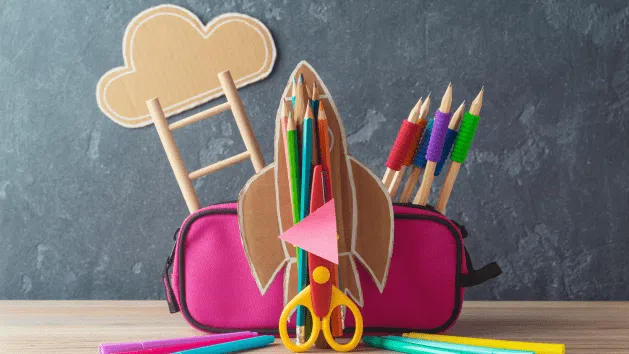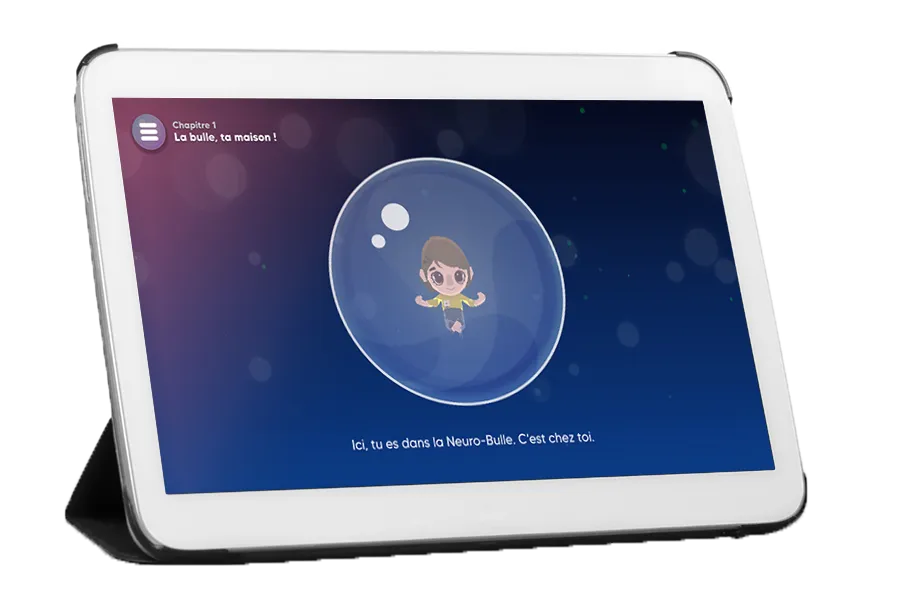What is the PISA survey?
The PISA survey (Programme for International Student Assessment) is an OECD initiative. Its aim is to evaluate the world’s education systems by testing the skills and knowledge of 15-year-old students. Considered a barometer of educational performance, PISA highlights the strengths and areas for improvement of school systems around the world. 🎓
Three subjects assessed
The PISA survey focuses on assessing skills in three areas:
- Reading comprehension
- Mathematics
- Science
Each time, one of these fields gets a special spotlight, in turn. In 2022, mathematics was the subject of a major, as in 2012 (which was therefore the benchmark taken to assess this edition’s results).
✏ Note: a particular feature of PISA is its international approach: 85 countries took part in the 2022 edition of the survey.
What are the objectives of PISA? 🌟📚
- Evaluating the world’s education systems: PISA offers a global overview, measuring the skills and knowledge of 15-year-old students. It’s a window on the world to understand where each education system stands in relation to international standards.
- Comparing student performance: the survey looks at students’ results in reading, mathematics and science. This precise analysis identifies areas of excellence and those requiring greater support.
- Providing data for policy reforms: the results are analytical tools that can help decision-makers implement more effective educational solutions for their countries.
- Encouraging innovation: PISA highlights the successes and areas for improvement of education systems. The survey thus promotes the sharing of best practices on an international scale.
- Focus on the application of knowledge: unlike standard tests, PISA assesses students’ ability to apply their knowledge in concrete situations.
- Support equity in education: the survey also examines how socio-economic factors influence school performance.
✏ Note: warning, these results should not be seen as the scores of a global competition. The essence of PISA is to provide data with a view to optimizing education at country level.
The impact of COVID on PISA
It has undeniably been consequential, and the PISA survey has in fact been postponed from 2021 to 2022, so that the assessment can take place under more stable conditions and offer an honest representation of students’ achievements in an educational context disrupted by the health crisis. It should be remembered that widespread confinement and the more or less prolonged closure of schools have had a massive impact on the learning conditions of several tens of millions of children around the world.
How does the test work?
Students first take a series of tests assessing the skill areas targeted by PISA: mathematics, science and French. They then complete a socio-cultural questionnaire in which they are asked to express their well-being and their appreciation of the classroom climate.
The results are confidential and non-individual, and are intended to lead to statistical analysis on a national scale.
Focus on educational attainment in France
Difficulties in science
Since 2015, the field of scientific culture has been experiencing a slight dip, with a decline in 2022. France, neck-and-neck with the Netherlands and Spain, is positioned close to the OECD average, set at 487 points.
The year 2022 revealed a modest but notable increase in the number of students experiencing difficulties in science. A wake-up call for science education?
When it comes to gender equity and science learning, the findings are reassuring: no marked difference between girls and boys!
Figures reveal difficulties in mathematics
According to the PISA 2022 study, France is going through a period of decline in mathematical culture. 📉 This is a widespread phenomenon, affecting a large proportion of OECD countries. But, a ray of sunshine nonetheless points to the horizon ☀️: France has managed to reduce the gaps in mathematical performance linked to students’ socio-economic and cultural backgrounds, compared to the 2012 assessment. A good thing for future generations!
What about reading comprehension?
2022 was also marked by a significant drop in the level of French pupils’ reading comprehension, a likely consequence of the global health crisis. France thus joins the OECD average, in a context where few countries have been able to reverse the trend since 2018. This drop highlights the need to adapt teaching methods to better support students in these key areas.
Figures to remember about the Programme International pour le Suivi des Acquis:
- Boys’ and girls’ scores are equivalent in science.
- 72% of French students plan to go on to higher education.
Which countries have the best school results?
At the top of the ranking, Singapore shines with a score of 575 points, and beats the runner-up by 40 points. Japan and South Korea follow close behind, rounding out the top three. Among European countries, Estonia stands out first, closely followed by Switzerland.
The Babaoo recap!
The aim of the international PISA survey is to assess the skills of 15-year-old students in the fields of mathematics, reading and science. The results of these surveys are brought to the attention of government institutions in charge of educational policies, and the ensuing reflections may lead, for example, to reforms in the orientations of school programs.
COVID-19 shook the world, and the 8th cycle of the assessment, originally scheduled for 2021, has been postponed to 2022 to ensure more stable and representative data collection that reflects students’ achievements in a turbulent educational context.





